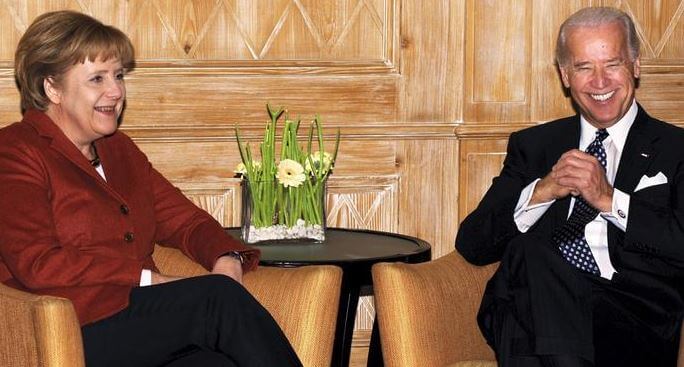Former prime minister, digital media whiz and activist-scholar Kevin Rudd has this past week outlined his analysis of the state of US-China relations. In an Asia Society address and an article in the current issue of Foreign Affairs, Rudd has presented an extensive update on the near- and long-term prospects of the rivalry since Joe Biden’s inauguration.
On his Facebook page, Rudd described his 6,000-word speech as best “for those seriously entertainment deprived.” So we’ve summarised it for you below in just 300.
Some elements of Biden’s approach are to be expected and represent a return to normal US policy. There is already a renewed focus on the discourse of democracy and human rights, along with an enthusiasm to rebuild alliances in the Asia-Pacific.
At a security conference in Munich in February, Biden questioned Europe’s comprehensive investment agreement with China and spoke of the need to stand up for democracy. The West needs, he said, “to prove that our model isn’t a relic of history.”

Despite the more collaborative rhetoric, the underlying attitude signals that elements of the confrontational approach taken by the Trump White House will continue. For instance, using a Trump administration order, Huawei and other Chinese tech companies have been designated “threats to national security” and carriers forced to “rip and replace” their equipment.
At the same time, the incentive remains for Biden to restart dialogue with China and bide time while the country recovers from the disastrous pandemic and the diplomatic disarray left behind by the Trump administration.
Likewise, China, according to Rudd, continues to see short-term risks but a long-term trend in its favour. Fuelled by the chaotic response to the pandemic in the US and elsewhere, leading Community Party figures are speaking openly about “the rise of the East and the decline of the West,” with China seen as “standing on the edge of a new chapter of strength.”
Taiwan remains the key litmus test of that rise and strength. In Rudd’s view, having abolished term limits on his rule, the 67 year-old Xi is likely to seek unification of China and Taiwan before 2035 as his great legacy. Worse, Xi seems to underestimate the military challenge of occupying Taiwan and the terminal threat to US credibility if it were to back down on its defence commitments there.
This means that open warfare, eventually, is a serious possibility, though Rudd believes it “remains possible for the two countries to … prevent a catastrophe.” For the time being, however, “Xi is also deeply aware of the military and economic vulnerabilities that China has were they to find themselves in open conflict with the U.S. tomorrow,” according to Rudd. “Xi Jinping’s strategy, therefore, in my judgement, is still to seek to buy time in order to further adjust the correlation of forces in China’s favour by decade’s end.”
Follow Christian on Twitter for more news updates.